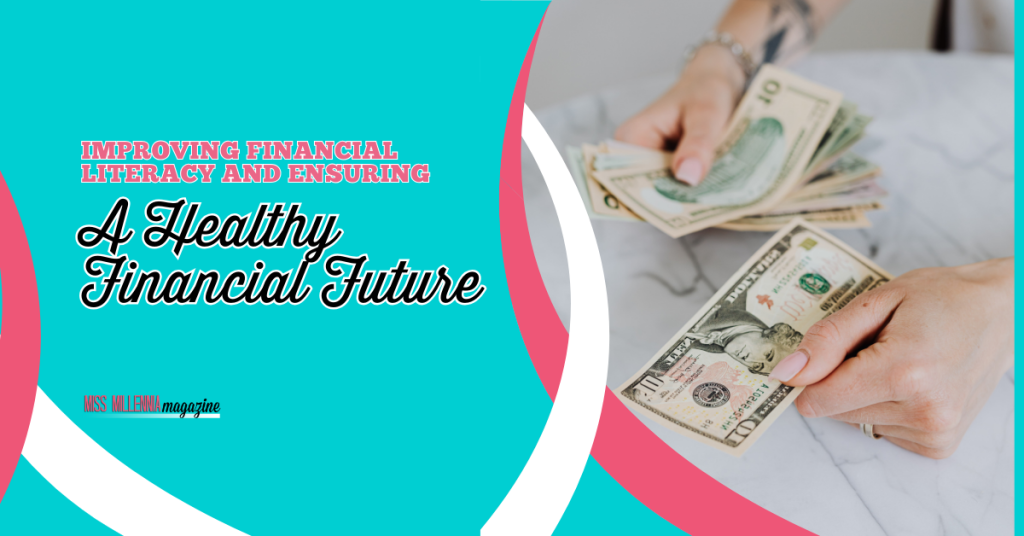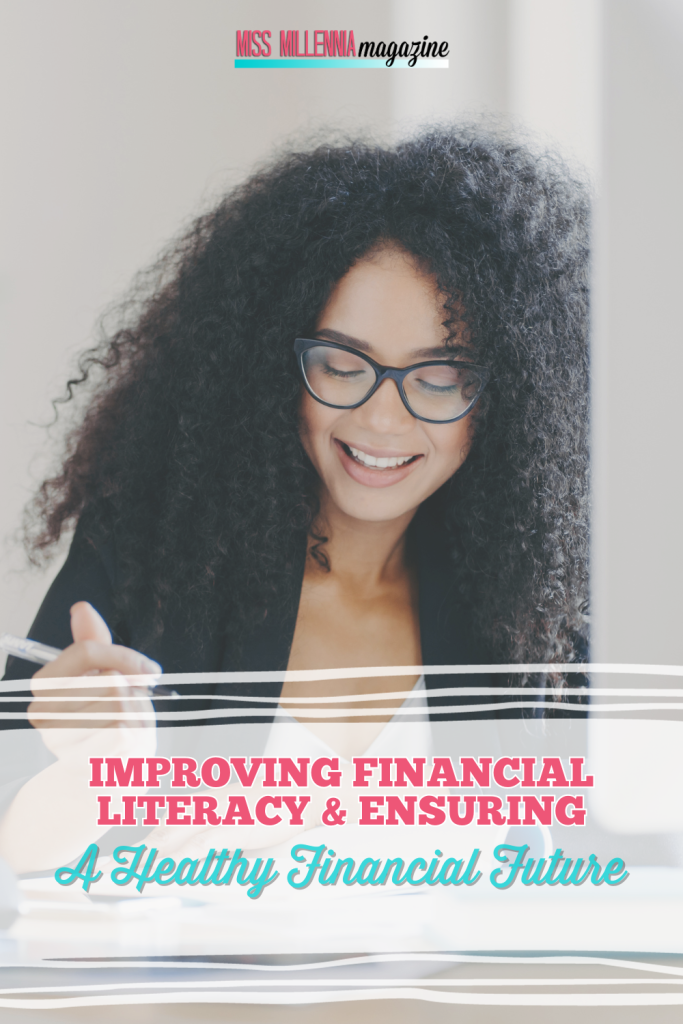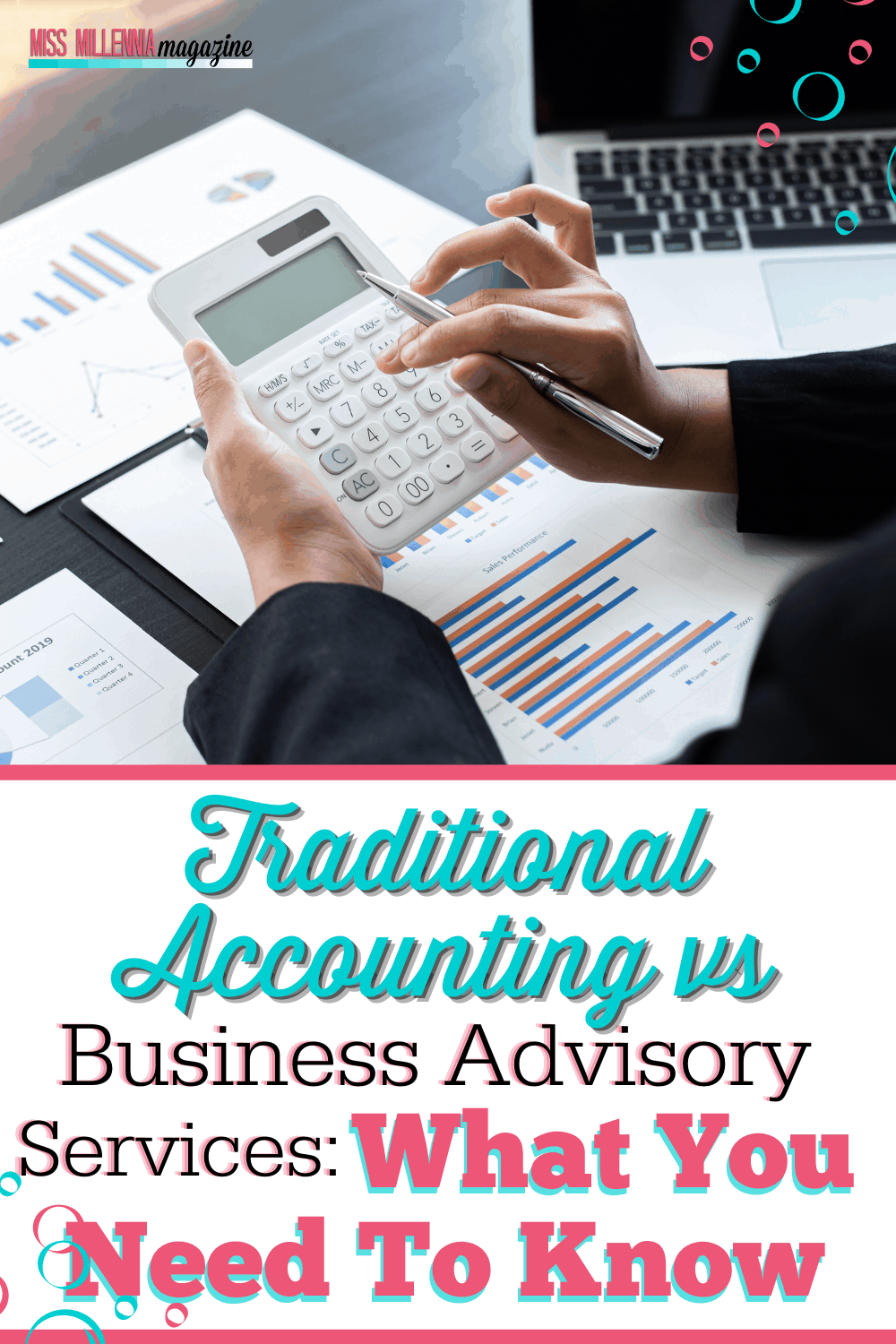Improving Financial Literacy and Ensuring A Healthy Financial Future

Contrary to popular belief, millennials aren’t as financially secure as boomers or the silent generation due to a love of avocados or take-out coffees. While this generation often enjoys these so-called “frivolous and expensive” purchases, it isn’t the reason for their inability to afford to live as their parents do. Millennials are between the ages of 42 and 27 and are currently the largest of the groups of generations.
With such a wide age range, some millennials are settled with already grown families, while others are riding out the last of their 20s in style before the 30s kick in.
Regardless of which end of the millennial spectrum you are at, it doesn’t change that life right now isn’t as rosy as it was for the previous generations, and many millennials, 73%, are living paycheck to paycheck.
If you want to help improve your finances and get into a more stable position, then it might be time to take a financial education to get a better job; these tips can help you get on the right track financially and put building blocks in place for improved finances.
Take A Financial Literacy Course
You can take a financial literacy course in person or online or look at financial websites or blogs for tips and insights into finances. Financial literacy is not taught at school, and for millennials whose parents aren’t financially literate, this lesson was likely overlooked. Everyone isn’t born able to handle finances, and many reasons can contribute to a poor relationship with money, including lack of knowledge, lack of funds, being uncomfortable managing money, mental health conditions, or neurodiversity.
Regardless of the reason, some resources can help you improve your financial literacy or get support to handle your money easier if you cannot do so yourself. Once you know, you can look at changing your relationship with money. Find free courses online with;
- Finance for Everyone: Smart Tools for Decision-Making.
- McGill Personal Finance Essentials.
- Brigham Young University’s personal finance courses.
- Udemy.com’s Personal Finance 101.
- Purdue University’s Planning for a Secure Retirement.
- Duke University’s Behavioral Finance Course.
Set Financial Goals
Next, look at the goals you want to achieve from improving your financial literacy. What are you looking to do, or where do you want to be? What are your biggest concerns regarding your finances, and what measures must you take to make effective changes?
These goals can be anything from having enough money to put down a downpayment on a house, starting a family, traveling the world before settling down, or saving for retirement. The goals are entirely up to you, but having them in place can give you something to work towards, keep you motivated to move forward, and not slip back into bad habits.
Set A Budget
You cannot make changes if you are unaware of your current financial situation. Sit down, go through your finances with a fine-toothed comb, and look at every cent coming in and going out. Address your spending habits, debt payments, and financial commitments to clearly understand where you are now.

Then, you can look for areas where you can make cuts or changes to help you put a practical and realistic budget in place to move forward with. This won’t be easy; it never is, especially if you’re struggling with debt repayments and living outside your means. You will need to be committed to making changes and pushing through.
Set Up Savings Accounts and Sinking Funds
You don’t necessarily need to use them right away, but setting up savings accounts and sinking funds is essential. Start by setting up an automatic transfer from your primary income into a savings account or sinking fund. Experts suggest that at least 20% of your income should go into savings, but if you’re living paycheck to paycheck, this can be a massive chunk to try and live without.
Instead, set up the accounts and have a nominal amount put into your accounts, even if it’s just a dollar. You can put more in and withdraw it if/when needed, but try not to use all the money you put in there. The main point is you do it and get into the habit of putting money into savings. Even $20 a week can give you $1,040 over a year.
Have sinking funds for emergencies and your primary savings account for the future. You can have sinking funds for car repairs, appliance breakdowns, school trips, social events, or anything that will dent your already stretched income. Then, you can keep your primary savings account for significant life events such as losing your job or suffering a bereavement. While you can look to hire a Wrongful death lawyer in the event of an unexpected loss, having savings can give you a buffer to keep things ticking over until this is resolved.
As a minimum, once you get into the habit of saving and building funds, you should aim to have a minimum of 3 months’ worth of income saved up or enough to cover expenses for each sinking fund.
Start Investing
As of June 2022, millennials held 2.4% of stocks and mutual bond shares in America, while another survey found that around half of millennials had investments in 2019. However, in 2021, millennials made up over 40% of homeowners, showing they are now looking to invest in real estate over traditional investing options.

But for newbie investors, the good news is there are plenty of zero-fee platforms and investment apps you can use to get started with as little as $1. Experts suggest that around 15% of your income should be invested; however, as with savings, start small as you get on track and get to grips with investing. Then, as your circumstances change, you can reevaluate what you are doing and look to diversify your portfolio.
Contribute Your Full 401k Match.
Now is the ideal time to make the most of your employer’s 401k contributions if you have this from your employer. It would be best to match their maximum contributions to get the most from this scheme and build that nest egg for your future. If you get regular bonuses or raises, you can add more to top it up. Remember, you can make withdrawals penalty-free from your 401k from 59 and a half. This means if you are one of the oldest millennials in your early 40s, you still have around 17 years of contributions to provide you with a taxable income (A Roth 401K is not taxable, providing the account is over five years old and you are over 59 and a half when you withdraw from it).
Pay Down Debt
There are many methods of paying down debt, and there isn’t a one-size-fits-all approach to debt repayments; however, trying to pay down debt is vital to help you maximize your income. Whether you decide to take on another job to support you in doing this or create a few side hustles, you need to prioritize reducing your debt levels now and avoid taking on more debt.
If you are unsure what to do, get professional debt help from registered charities to support Americans struggling with debt, such as Turn2Us, Debt.org, StepChange, and Way Forward. Ask someone you trust to help you get back on track, arrange payment plans, and avoid running up credit where you don’t need to. This includes credit card debt, high car payments, and store cards.
Purchase Life Insurance or Income Protection/Disability Insurance
Far from being another added expense, life insurance and income protection insurance are both essential income protection in case you lose your primary source of income or suffer a disability. While it might seem expensive now, as you get older, the price will increase, so it’s best to lock it in as soon as possible, especially if you have student debts or a family to support.
You never know what will happen, and if you’re already one paycheck away from financial ruin, this can be a savior should you be unable to work for any reason. When the world comes crashing down around you, at least you can rely on these insurance premiums to support you or your family.
Improving your finances isn’t always easy; simply reducing your spending won’t work. While it will be helpful, poor finances are more than spending too much. A poor understanding of finances and budgeting can lead to mistakes and financial errors.
It is never too late to change your financial position and improve your financial literacy. Start small and learn everything you need about budgeting, handling your income, and paying down debt. Then, focus on savings and investments to give you an excellent base to support your future and start building your new chapter.







